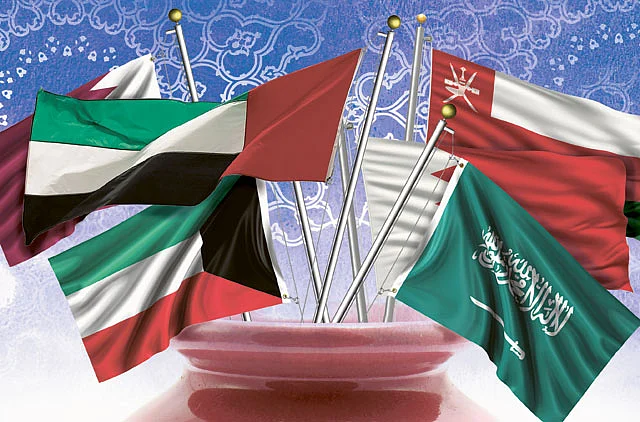GCC: More banks likely to merge amid lower oil prices, says Fitch Ratings
Smaller banks with less market share are most likely to become takeover targets

Dubai: A wave of banking mergers may be coming to the Gulf region, as falling oil prices and slower global demand start to weigh on profits, Fitch Ratings said in a new report.
The credit rating agency believes that if oil prices remain low for an extended period, banks in the GCC (Gulf Cooperation Council) region could face increased competition and weaker profitability—pushing many towards mergers and acquisitions (M&A) as a survival strategy. Smaller banks with less market share and weaker financial strength are most likely to become takeover targets.
The Gulf is known for having a large number of banks relative to its population—more than 150 in total, including 75 domestic lenders. Bahrain is seen as the most overbanked and could see the highest merger activity, according to Fitch. While the country’s central bank appears supportive of consolidation, a lack of overlapping shareholders between banks could slow the process.
Oman, Kuwait too?
Other countries like Oman and Kuwait also have many banks, but future M&A trends there will likely depend on local economic reforms and profitability improvements. Oman, for instance, has room for banking sector growth, while Kuwait’s consolidation pressure may ease if economic growth picks up.
In the UAE, Fitch notes that while the sector is strong overall, smaller banks struggling with growth and profitability might need to merge to stay competitive. The situation in Qatar and Saudi Arabia is different. Qatar has many banks, but they are generally profitable, while Saudi Arabia, with its larger population and high growth outlook, is not considered overbanked.
Mergers in the Gulf banking sector are often aimed at creating stronger, more efficient institutions. Notable examples include the creation of First Abu Dhabi Bank, Saudi National Bank, and the recent cross-border merger of Kuwait Finance House with Bahrain’s Ahli United Bank to form a major Islamic finance player.
Technology is also playing a big role. As digital banking expands and open banking regulations take hold, traditional banks are increasingly looking to partner with tech and telecom companies, which could lead to more strategic M&A activity.
Islamic banks join trend
Islamic banks are also joining the consolidation trend. In the UAE, Dubai Islamic Bank’s acquisition of Noor Bank and other deals involving Emirates NBD and Abu Dhabi Commercial Bank have helped strengthen the sector. Similar moves are underway in Oman, where banks like Sohar International and Oman Arab Bank have made acquisitions in Islamic finance to grow their market presence.
While most M&A activity has so far been domestic, Fitch expects more cross-border deals within the Gulf, similar to the Kuwait Finance House-Ahli United merger. A few banks are also looking beyond the region, but such moves bring added risk—especially in more volatile markets like Turkiye and Egypt.
In short, the Gulf’s crowded banking landscape, coupled with economic pressure, is setting the stage for more mergers aimed at survival, strength, and long-term competitiveness.
Sign up for the Daily Briefing
Get the latest news and updates straight to your inbox
Network Links
GN StoreDownload our app
© Al Nisr Publishing LLC 2026. All rights reserved.